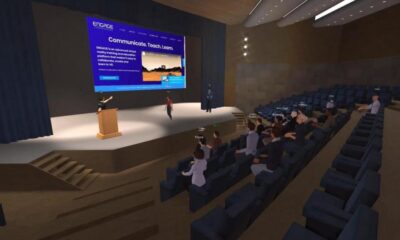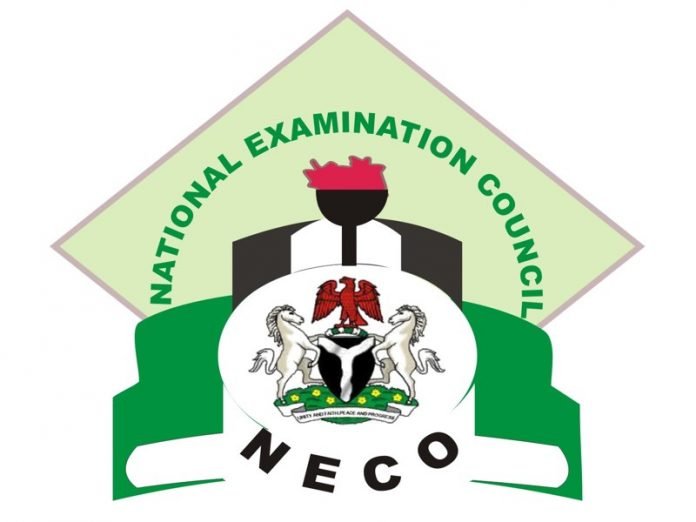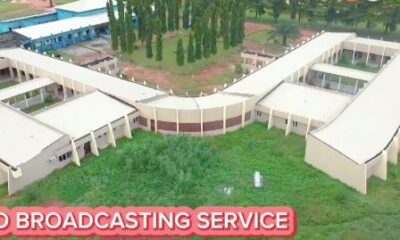NEWS
A General Guide To Writing A Good Project Proposal

An academic proposal is the first step in producing a thesis or major project. Its intent is to convince a supervisor or academic committee that your topic and approach are sound, so that you gain approval to proceed with the actual research. As well as indicating your plan of action, an academic proposal should show your theoretical positioning and your relationship to past work in the area.
An academic proposal is expected to contain these elements
– a rationale for the choice of topic, showing why it is important or useful within the concerns of the discipline or course. It is sensible also to indicate the limitations of your aims—don’t promise what you can’t possibly deliver.
– a review of existing published work (“the literature”) that relates to the topic. Here you need to tell how your proposed work will build on existing studies and yet explore new territory (see the file on The Literature Review).
– an outline of your intended approach or methodology (with comparisons to the existing published work), perhaps including costs, resources needed, and a timeline of when you hope to get things done.
Most times I encounter students who find it difficult to pen down a good proposal for their intended project. In some schools and colleges putting down a proposal for your project is one of the first things you do for the supervisor to finally agree giving you the go-ahead to write on a particular topic for your project work.
Important Things to Note When Writing Your Project Proposal
Length of Proposal: Some colleges and universities require that your project or term proposal be not more than a page. SO the first thing will be getting an idea of how long your proposal should be so you don’t run foul of the department’s requirements.
What a Good Proposal for Your Seminar, Research paper or Project Work Should Contain
Though this is a general guide and specific requirements may differ depending on your school here are generally things your proposal should highlight on;
– Brief Introduction of the Proposed Project or Seminar: State the goals and aims of the project and what you (the researcher) hopes to accomplish by embarking on the work
– Why You Should Embark on the Project: In some cases you may be required to show why you are capable and should be allowed to embark on such academic work by your supervisor.
– The Approach You Hope to Use in the Project Work: State if you are doing the work via collection and organisation of data from secondary sources such as newspapers, magazines, website publications etc or if your work is more of a primary survey of the demography concerned.
– The Scope of Work: Clearly state the boundary of your proposed work. All academic research work have limits and scope of coverage and you will have to state clearly where your scope will be so you don’t over-promise and end up not delivering to the extent of your promise.
– Project Deliverable : If for instance your project work is on systems design and construction this section is where you state what you hope to deliver at the conclusion of the project work. This section is where you state what you hope to deliver at the end of the research work; design only? design and construction? a report? analysis and documentation? etc.
– Timeline and Milestones: Though some supervisors and departments may not require this you may state here the various phases of your proposed research work and the time frames you hope to accomplish each phase (or chapter). The purpose of this section is to keep you in track to ensure you complete your work on schedule though your supervisor may have the final say on the time frame you may follow for the phases of your work. While writing my final year project I had five chapters of the work (the design and construction phases being the third phase) and my supervisor gave clear instructions on the time frames that I was expected to return each chapter for approval. In many cases however you may be required to just write the entire (and do any accompanying designs and construction) before a specific date. In that case on your own the time frames and milestones will help you stay on track and complete your work on schedule.
Particular disciplines or courses of study may have their unique, standard approach to writing a proposal for your project or thesis and you can learn better how to write one that will suit your situation by asking questions from superiors and colleagues in the department.




















